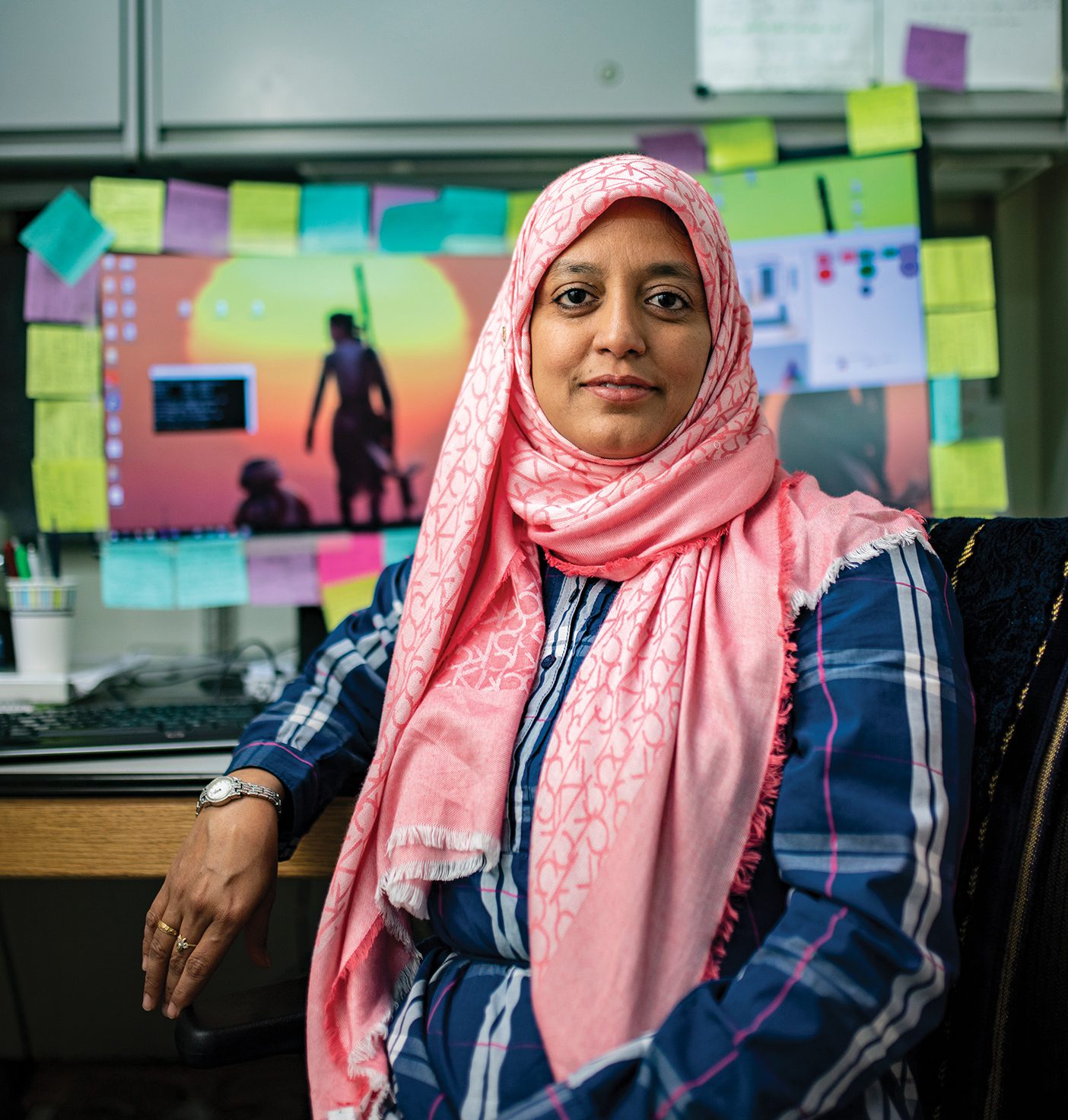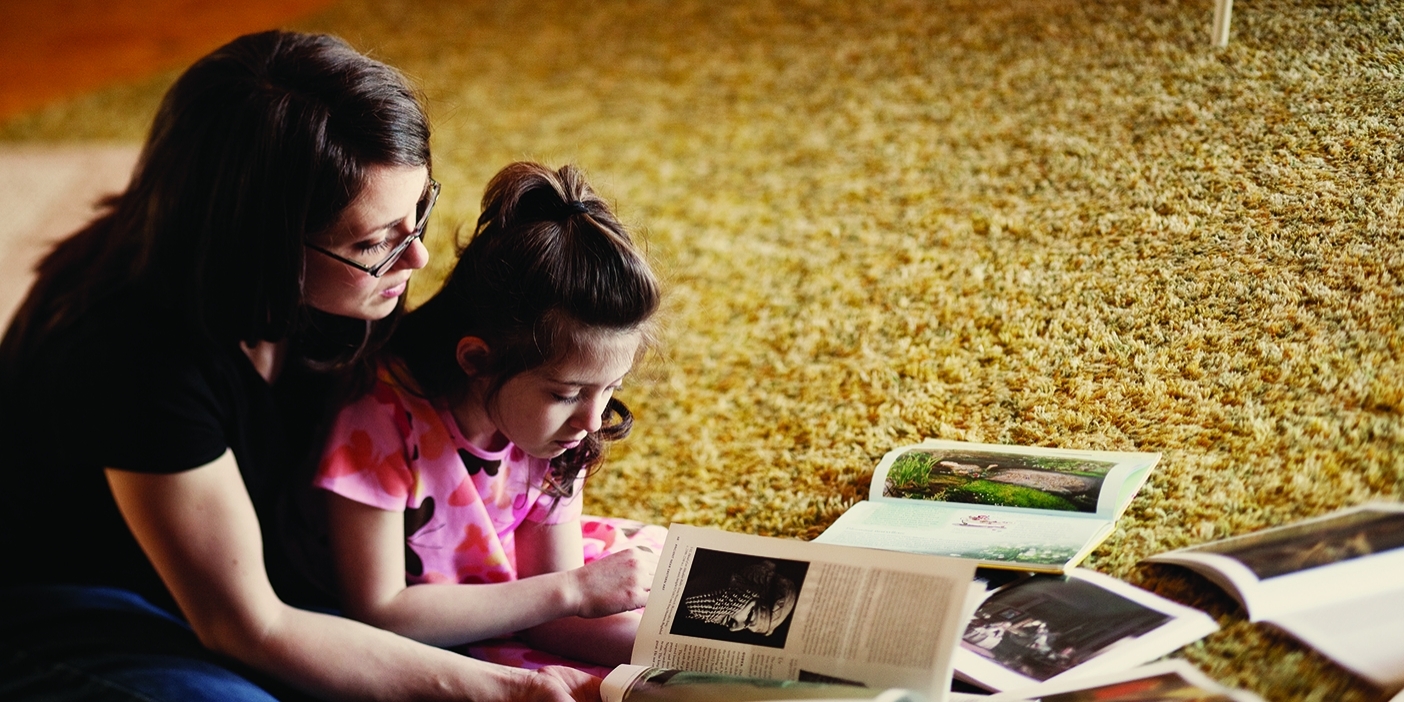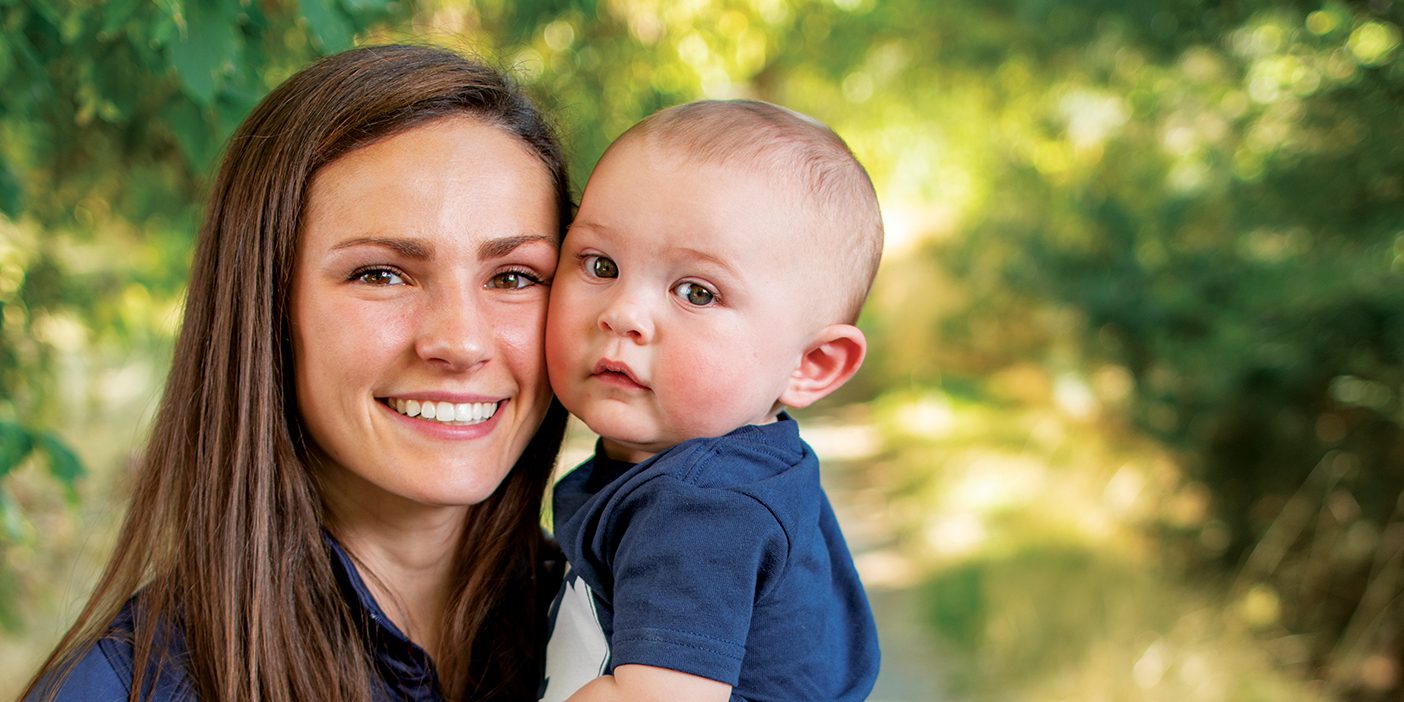
Lime-green curlicues swirl across a black computer screen. Though they look like a computer screensaver, the coiling lines depict large amounts of data, the thought process of a little robot that’s trying to make its way from the Talmage Building to the Wilk. Studying the screen is PhD student Meher T. Shaikh (MS ’10), a member of BYU’s Human-Centered Machine Intelligence (HCMI) lab, who is analyzing the robot’s struggles to understand its mission.
In the HCMI lab, Shaikh stands out (and not just because of her royal-yellow headscarf or the rainbow of algorithm-covered sticky notes ringing her computer like flower petals). The 40-something student from India is one of only two women in the lab, but she has thrived and believes she is paving the way for others behind her.
During her seven years going to school at BYU, Shaikh has sought to help other women studying computer science. “Women look for women,” says Najma Mathema (’22), who remembers the first time she entered the HCMI lab. “For me, it was very comfortable because Meher was already there. She was like a mother figure to me.” Shaikh says she plans on continuing her “mothering” after she finishes her degree by sponsoring the education of girls from India. “I believe if you provide for and educate a female, you educate a generation,” she says.
“I believe if you . . . educate a female, you educate a generation.” —Meher Shaikh
Shaikh admits that her postgraduate experience has probably been “much more difficult than a normal [person’s].” She cites the distance from her home in India and what she calls “the decade barrier,” or the time that elapsed between her undergrad in India and the start of her graduate work at BYU. On top of that, she also cares for her four daughters while her husband works as a software consultant 1,500 miles away in Michigan.
After spending so many years on campus, Shaikh says BYU has started to feel like another home. “I love BYU because I’m a Muslim, and a lot of BYU culture is in tune with my culture,” she says. “We are not allowed to drink. We are not allowed to smoke.”
Shaikh has even shared her Indian culture with the BYU community, including teaching some of her neighbors to make pulao, a sautéed-rice dish. Between studies and family time, she still cooks most of her meals from scratch, even making her own spices. But as Shaikh finishes her PhD, she says with a smile, “I have Maggi noodles” (think ramen noodles with Indian spices)—for emergencies.
Shaikh’s background helps her bring “perspective and empathy” to her work, says HCMI lab director Michael A. Goodrich (BS ’92, MS ’95, PhD ’96). “She argues persuasively and passionately for the need to help” those less fortunate than her.
Shaikh also hopes her daughters are inspired by seeing “their mom working for a better degree and a better life,” she says. Her oldest is about to enter college herself, and her second-oldest is entering 12th grade at age 15. “Education always makes you independent. You can think clearly,” Shaikh says, adding that in the Shaikh family, “we [sacrifice] everything for education.”












